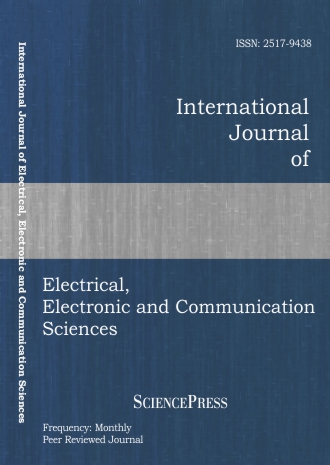
Scholarly
Volume:1, Issue: 12, 2007 Page No: 1719 - 1726
International Journal of Electrical, Electronic and Communication Sciences
ISSN: 2517-9438
A Novel Genetic Algorithm Designed for Hardware Implementation
A new genetic algorithm, termed the 'optimum individual monogenetic genetic algorithm' (OIMGA), is presented whose properties have been deliberately designed to be well suited to hardware implementation. Specific design criteria were to ensure fast access to the individuals in the population, to keep the required silicon area for hardware implementation to a minimum and to incorporate flexibility in the structure for the targeting of a range of applications. The first two criteria are met by retaining only the current optimum individual, thereby guaranteeing a small memory requirement that can easily be stored in fast on-chip memory. Also, OIMGA can be easily reconfigured to allow the investigation of problems that normally warrant either large GA populations or individuals many genes in length. Local convergence is achieved in OIMGA by retaining elite individuals, while population diversity is ensured by continually searching for the best individuals in fresh regions of the search space. The results given in this paper demonstrate that both the performance of OIMGA and its convergence time are superior to those of a range of existing hardware GA implementations.